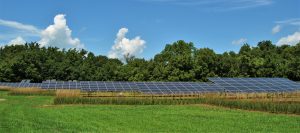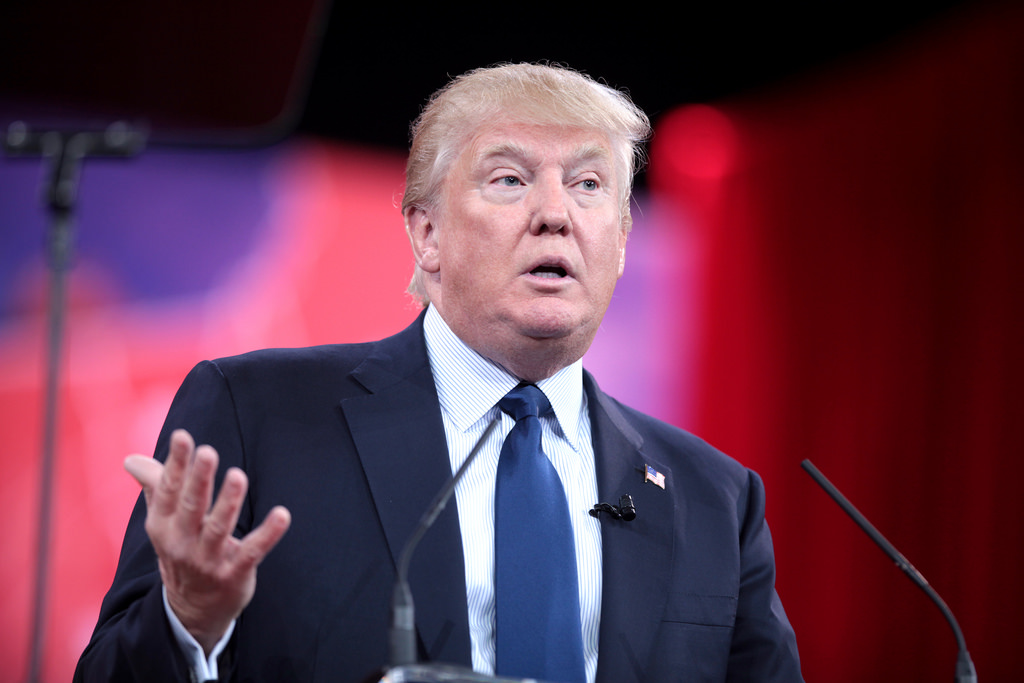On Monday, January 22, President Trump announced a 30% tariff on imported solar panel parts and washing machines. This tariff is yet another item in the list of Trump’s actions regarding renewable energy, having pulled out of the Paris climate agreement last year. This has left many U.S. based solar providers and homeowners who use or are considering solar wondering how this tariff will affect them.
Prospect Solar always strives to keep up with the latest solar energy news and help our customers understand changing solar laws. Here is everything you need to know about this tariff:
The Basics:
The tariff, which will go into effect on February 7, 2018, adds 30% to the price of imported solar panels, with this rate steadily decreasing over the next four years. The solar industry in the United States relies on imported parts for 80% of its manufactured solar panels, making this a significant change. This makes it much more expensive to import solar panels from nations like China, which has been a big solar panel supplier for the U.S.
NPR reported that the president imposed the tariff because “increased foreign imports of washers and solar cells and modules are a substantial cause of serious injury to domestic manufacturers.” This arose out of a complaint that two U.S.-based manufacturers, SolarWord and Suniva, made last year about being unable to compete with imported solar materials.

Effects of This Tariff:
Less cost for domestic manufacturers: The tariff will likely benefit United States solar manufacturers like SolarWorld and Suniva, by discouraging looking abroad for solar panels and instead using domestic manufacturers.
Slightly increased cost for homeowners: Although 30% may seem like a scary number, the tariff will not have a huge effect on homeowners considering residential solar power. Since solar panels do not make up the entire cost of a whole solar panel system, the overall cost of purchasing a solar system will go up, but this increase will not be significantly greater under the tariff. Homeowners are still eligible for tax credits; in fact, homeowners should purchase solar panels now to ensure they take advantage of the ITC before it decreases in 2020.
Potential job loss: The Solar Energy Industries Association has projected 23,000 job losses out of their sector of 260,000 positions as a result of the tariff. Bloomberg New Energy Finance analyst Hugh Bromley predicts that the tariff may prevent some rooftop solar companies from continuing business in the U.S.
Overall, the tariff does not seem quite as destructive to the solar industry as many headlines would make it seem, but some of the outcomes of the tariff will still need to be observed after it takes effect.
To learn more about how the tariff may affect you, feel free to contact the solar experts at Prospect Solar!
